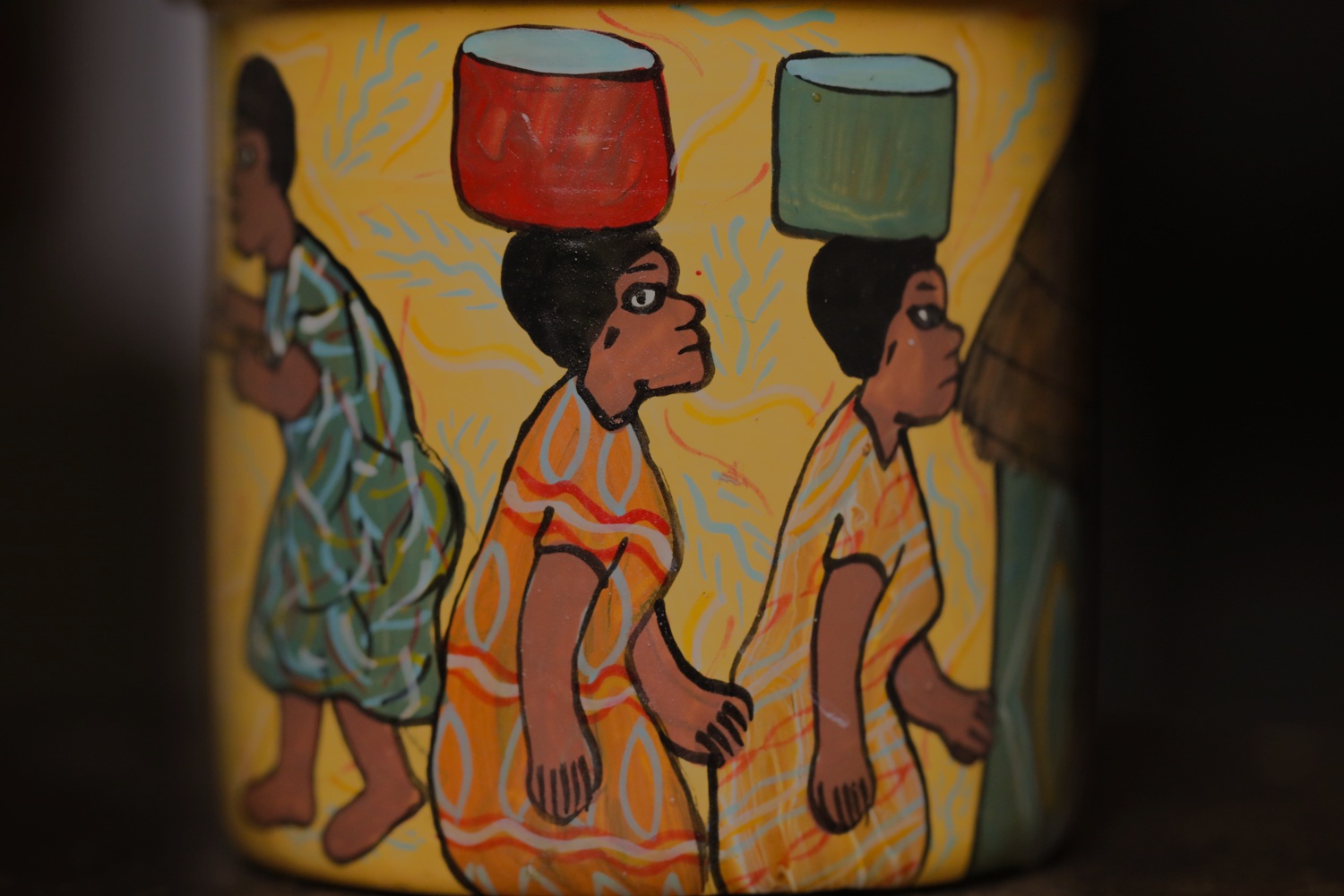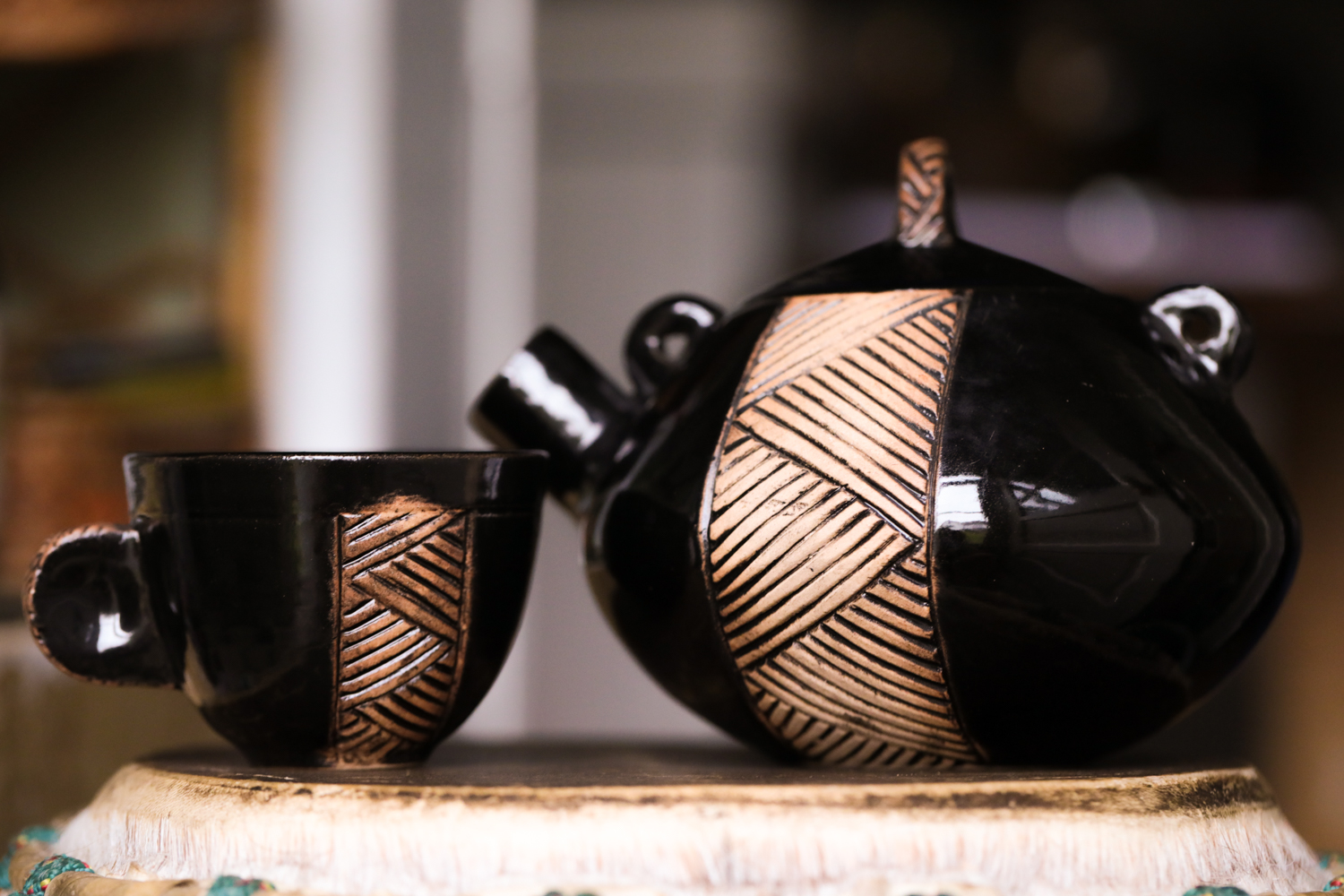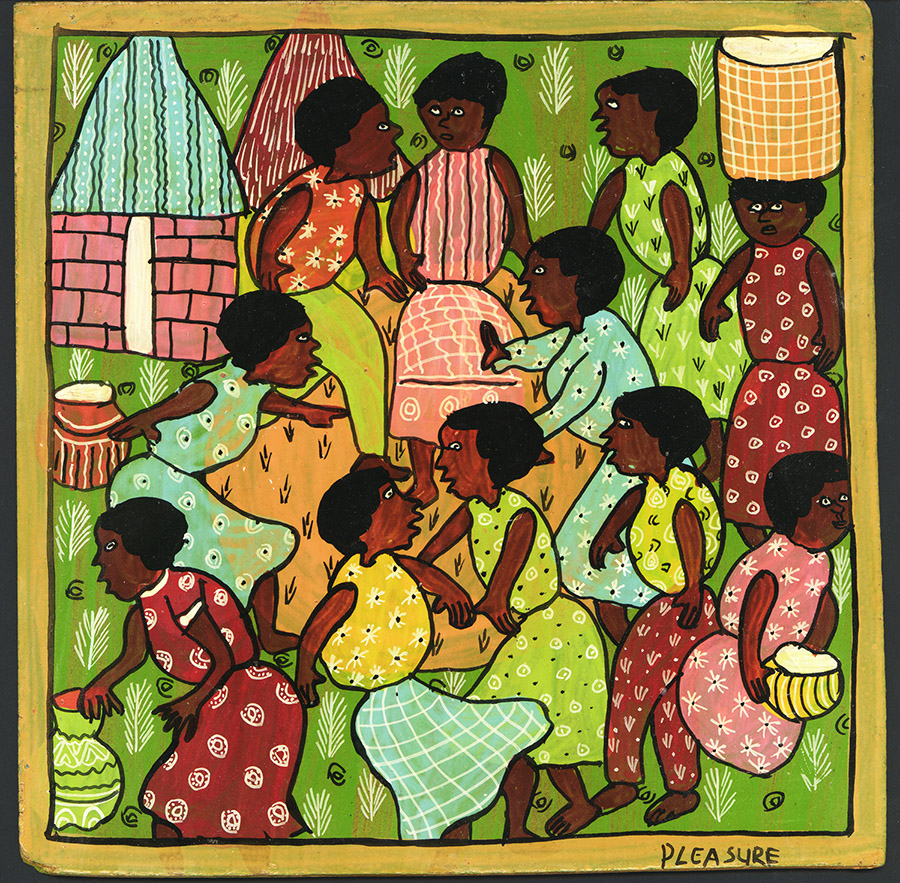
BARD
Bantu Ancestral Roots Database (BARD) is an archive of words, meaning, and reconstructed root stems relevant to social and cultural history in the Bantu Matrilineal Zone. The data collected for BARD along with the analysis presented in this website are an outgrowth of our collaborative research on family and gender in eastern and central Africa’s historically matrilineal societies. BARD allowed the research collaborators to discern connections in linguistic data that is actively used by people across a tremendous geographic breadth and time depth. In the spirit of multidisciplinary research and with databases such as Bantu Lexical Reconstructions 3 (BLR3) and Slave Voyages, an additional aim of this collaboration is to contribute to a long-established tradition of data sharing among scholars working on Africa and its diasporas. These databases might be used by other researchers in conjunction with BARD to write decolonial projects and reconstruct precolonial histories. (BARD is publicly accessible at http://africanmatrilinealhistories.bucknell.edu)
To develop BARD, data was collected and formatted first into spreadsheets by the primary researchers. The spreadsheets were uploaded into a MySQL database, which is queried using a Hypertext Preprocessor (PHP), a popular general-purpose scripting language especially suited to the web. Troy Spier, at the time a Tulane University PhD candidate in linguistics, coded and digitized the spreadsheets using open-source relational database management system. Kyle Herb further developed the database layers to connect category tags to words and roots. Julie Hagenbuch of CANISTER built the preliminary companion website to the database; Bucknell University student Fatima Sow assisted with updates and edits to the website. Diane Jakacki, Abby Brown and an IT project team dedicated to digital scholarship integrated BARD and the website ASH-DABMC.
Research Goals + Findings
This project examines histories of family, gender, generation and social relationships in communities that spoke Bantu languages in Eastern and Central African. We have particular interests in the intersections of three seemingly vital topics in people’s lives and the formation of status (personal and social power, authority, prestige, and privilege): 1) gender (personal and social concepts of female, male, masculinity, and femininity); 2) family (personal and social concepts of familial networks); and 3) generation (personal and social concepts of relationships based on accumulations of both knowledge and age). We reconstruct early precolonial histories of gender, family, and generation and how they underpin status in Bantu speaking communities that have historically developed matrilineal institutions. These historical reconstructions, stretching back at times three thousand years, are rooted in people’s ideas and values captured in the words communities developed and spoke. Comparative language data used with oral, ethnographic, archaeological, and written accounts of the fifteenth through twentieth centuries collectively are the basis for understanding the intricate narratives of changes in multiple regions of central and eastern Africa.
Language data (archived in BARD) are the core of this historical record. In addition to language data collected from modern day speakers and in dictionaries compiled over the last 150 years – consulted in libraries, archives, and personal collections – we have turned to ethnographic surveys, oral traditions (written and orally recounted) have been important in contextualizing verbs, nouns, and other parts of speech. These materials provide critical context for comparative analyses and broader reconstructions. The more recently collected research materials compliment the linguistic, ethnographic, oral, and archaeological data each of the collaborators has collected since the mid-1990s.
The materials collectively provide concrete insights into practical aspects of life as well as more abstract, metaphorical elements that capture the real meanings of words and ideas. Literal speech can often obscure limit our understandings while examining metaphorical speech often reveals expansive layers of meaning non-native speakers intend to express with a single concept. Metaphor captures the creativity and imaginings native speakers bring to words, objects, and abstract concepts.
Significance
This project is significant for several reasons. It is one of the few scholarly endeavors to examine early history, well before the nineteenth century, and to provide insight into eastern and central Africa. It is meaningful because it is one of the few scholarly endeavors to provide digital tools on early African histories. This is significant because the Bantu speakers are a group of communities who have over the last three millennia populated two-thirds of sub-Saharan Africa. The project models a methodological approach that enriches our understandings of the past through linguistic, oral, material culture, as well as written data. This research and analysis fundamentally challenges tropes and assumptions we hold in the contemporary world about who did historically, presently ought to, and can in the future hold authority, power, privilege, and responsibility.

Research Team and Collaboration
The collaborators for this project are three historians Dr. Cymone Fourshey (Professor of History and International Relations at Bucknell University), Dr. Rhonda M. Gonzales (Dean of College Arts, Humanities, and Social Sciences, University of Denver) and Dr. Christine Saidi (Kutztown University of Pennsylvania).
As researchers of early African History, we are interested in the ways people thought, did, and interacted before colonial rule imposed a new set of rules and expectations. Building on two centuries of work by both linguists and historians, we have expanded our scope to reconstruct social, cultural and economic aspects of people’s lives in west central, central, eastern and southern Africa through the words and metaphors people use to express their material and abstract worlds. Our work aims to shed light on critical institutions of generation, family and gender. We have compiled the materials for this database over several decades. Between 2016 and 2019, through an NEH funded collaborative grant (RZ-249953-16 Expressions and Transformations of Gender, Family, and Status: In Eastern And Central Africa, 500-1800 CE) the collaborators returned to the field to work with communities in Democratic Republic of Congo, Tanzania and Zambia.

